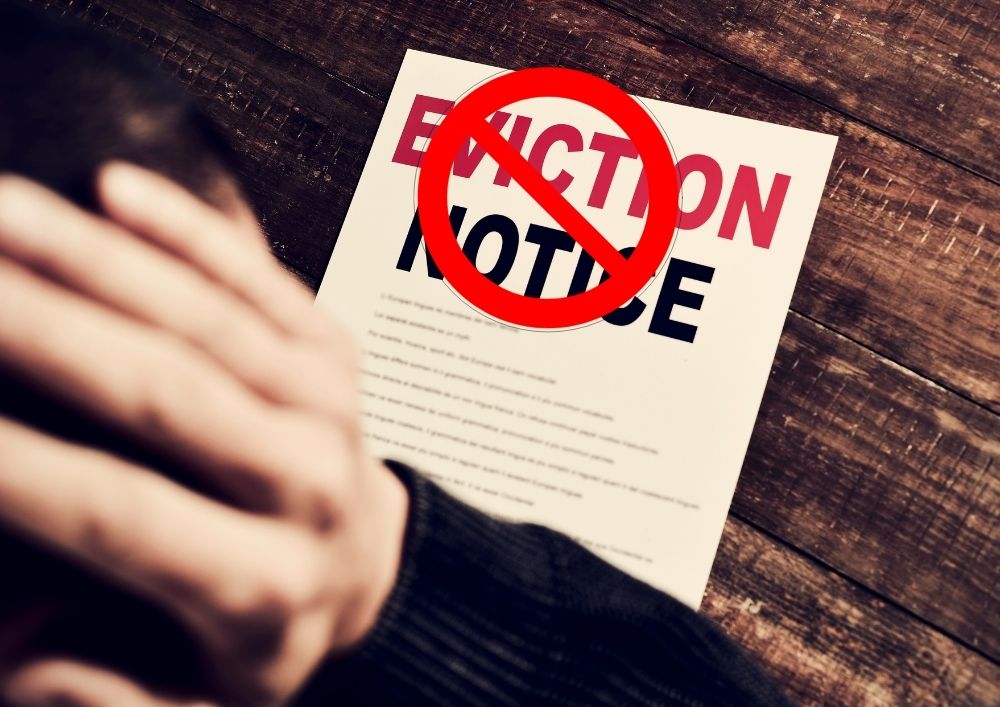The Spanish government wants to guarantee vulnerable families a roof over their heads after 9 August. While there are delays with the new housing law, financially affected families can challenge eviction for late payment in court.
The guarantee was in effect until August 9, covered by a protection mechanism put in place at the start of the pandemic. The government subsequently extended it several times. The mechanism now remains in effect indefinitely.
The Ministry of Transport, Mobility and Urban Agenda wants a structural measure to prevent eviction as long as coalition partners PSOE and Unidas Podemos continue negotiating the new housing law. Both parties agree on legal eviction protection, but are unable to reach an agreement on rent regulation.
The decision rests with the judge
Under the current mechanism, tenants for whom eviction proceedings have been initiated can request an extension from the court. This applies to economically vulnerable families who have no prospect of alternative housing. In all cases, the decision whether or not to continue the eviction procedure rests with the court. Despite government intervention, almost 11,000 evictions still took place in the first quarter of 2021. That is 13.4% more than in the first quarter of 2020.
Economically vulnerable
To be classified as a vulnerable family, there must be a temporary or permanent termination of the employment contract. Alternatively, there must have been a significant loss of income in some other way during the pandemic. In any case, the income may not be more than three times the monthly income index (IPREM), which is a maximum of €1,700 per month. The fixed housing costs must amount to 35% or more of the family income.
The protection also applies to residents of squats if they are minors or victims of domestic violence. However, only as long as they entered the property without violence. The real estate must also belong to a so-called major owner (of 10 or more homes or buildings). The squatted property cannot be a first or second private home.
According to the Spanish Platform for Affected by Mortgage (PAH), without an extension of the government’s protection mechanism, another 79,000 evictions would take place. During the financial crisis in 2012, there were fewer at 70,000. PAH states the Spanish government was able to prevent 11,000 evictions in the first quarter of this year with the measure.
No decision has yet been taken in the Council of Ministers on structural protection of economically vulnerable families against disconnection of water and electricity.


